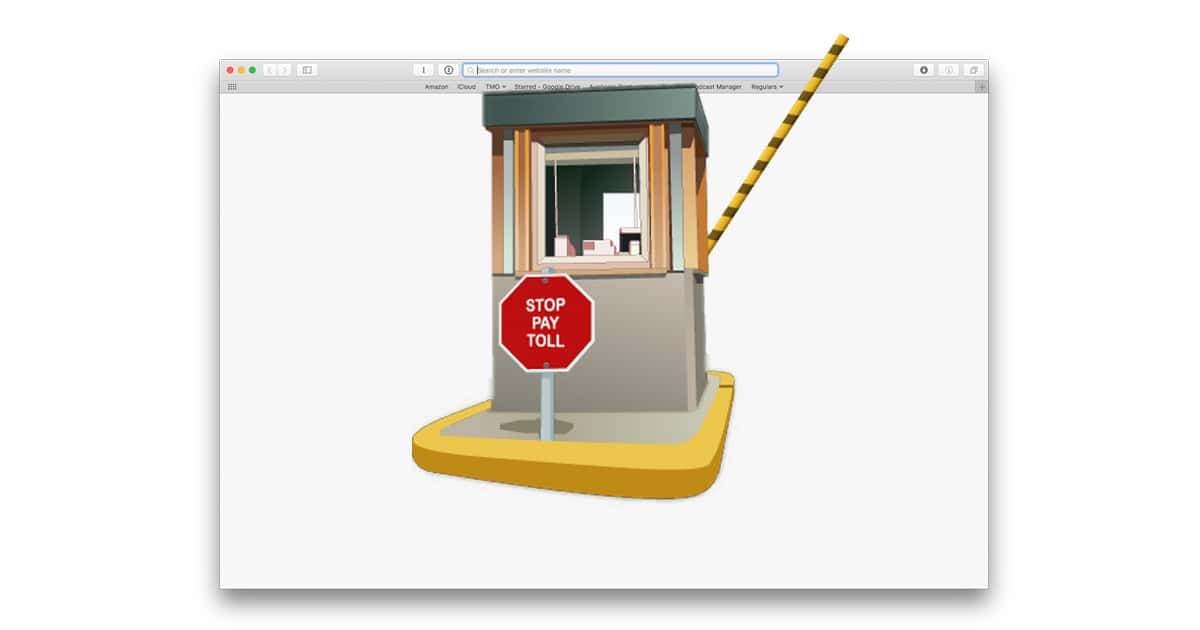Wheeler’s Final Plea for an Open Internet
Once Donald Trump takes the presidential oath on January 20th Federal Communication Commission chairman Tom Wheeler is out of a job, and the prospect of maintaining Net Neutrality may leave with him. Mr. Wheeler has been a strong proponent of an open internet so he’s making a final plea to Republican lawmakers to back down on their plan to strip away FCC regulations preventing ISPs from blocking network data from competitors.

FCC Chairman Tom Wheeler pushes to save Net Neutrality
Mr. Wheeler used his last public speaking event at the Apsen Institute to urge Republicans to leave the FCC’s Net Neutrality rules in place. Currently, they’re planning to gut the Open Internet Order that was established during Mr. Wheeler’s tenure protecting Net Neutrality.
Net Neutrality is the idea that all data should be able to pass through Internet Service Providers (ISP) to end users without being blocked or throttled based on where it originated or what it contains. The FCC’s rules support the concept by preventing Comcast, for example, from degrading or blocking video streams from Netflix.
Prior to the FCC’s rules, streaming content providers were being pressured by ISPs to pay special fees to allow their video to pass through to end users. Major ISPs wanted to promote their own streaming video services, and hampering Netflix was part of that strategy.
Net Neutrality goes beyond streaming video services. Without open internet regulations, ISPs could block other content they see as competition, like search results from that don’t come from partners or companies refusing to pay extra for their data to enter the carrier’s network.
Imagine Comcast subscribers performing an internet search for new movies and seeing results only from Comcast-owned properties. That’s a future Chairman Wheeler has been fighting to avoid.
Animal Farm Net Neutrality
Prior to the FCC’s Open Internet Order, ISPs weren’t blocking content from competitors, but were pushing to make certain data favored on their own networks. If a video stream for a TV show was coming from outside their own services its quality might be degraded, making it less desirable to viewers. In essence, the big ISPs were taking the Animal Farm approach where their own data was more equal than others.
For end users, that was frustrating because they didn’t care where their video streams came from; they were paying for the streaming service and broadband internet, and they expected to see the shows they wanted without anyone intentionally degrading the quality.
Republican lawmakers say forcing ISPs to comply with the FCC’s regulations hampers growth and competition. Mr. Wheeler disagrees saying, “The overarching goal of the new policies was to promote a thriving broadband ecosystem, and that’s exactly what has happened.”
He cited DirecTV as an example of Net Neutrality’s success. AT&T has been able to stream DirecTV content to subscribers over competing networks such as Charter and Comcast—something it wouldn’t have been able to easily do without the Open Internet Order.
Now lawmakers seem determined to either kill or gut Net Neutrality in the name of deregulation. That’ll undo years of progress towards maintaining the open spirit of the internet. Mr. Wheeler said,
What has happened since the Open Internet rules were adopted to justify uprooting the policy? Network investment is up, investment in innovative services is up, and ISPs revenues—and stock prices—are at record levels. So, where’s the fire?
Related
Assuming the Open Internet Order is killed without something comparable ready to take its place, odds are ISPs will roll back the clock and and push content providers into expensive deals to keep their streams flowing.
That doesn’t mean, however, there isn’t hope for preserving Net Neutrality. Overturning the current FCC regulations will require a public comment period where interested parties—meaning people and companies that use or provide internet services—can share their feelings on the topic. Republicans looking to overturn the regulations will need to show that the Open Internet Order has failed over the past two years since it was introduced, or that the market has changed so much it isn’t necessary any more. Considering the U.S. internet infrastructure hasn’t collapsed in the past two years and companies in the market seem to be doing well, that’ll be a hard argument to back up.
Still, lawmakers seem to have it out for Net Neutrality. Assuming Republicans move forward with their plan to reverse the FCC’s regulations, it’ll be up to users to convince their representatives in the House and Senate that’s a bad idea—just like we pushed for Net Neutrality before it became the Open Internet Order.
[Thanks to The Verge for the heads up]

0 Response to "Wheeler’s Final Plea for an Open Internet"
Post a Comment